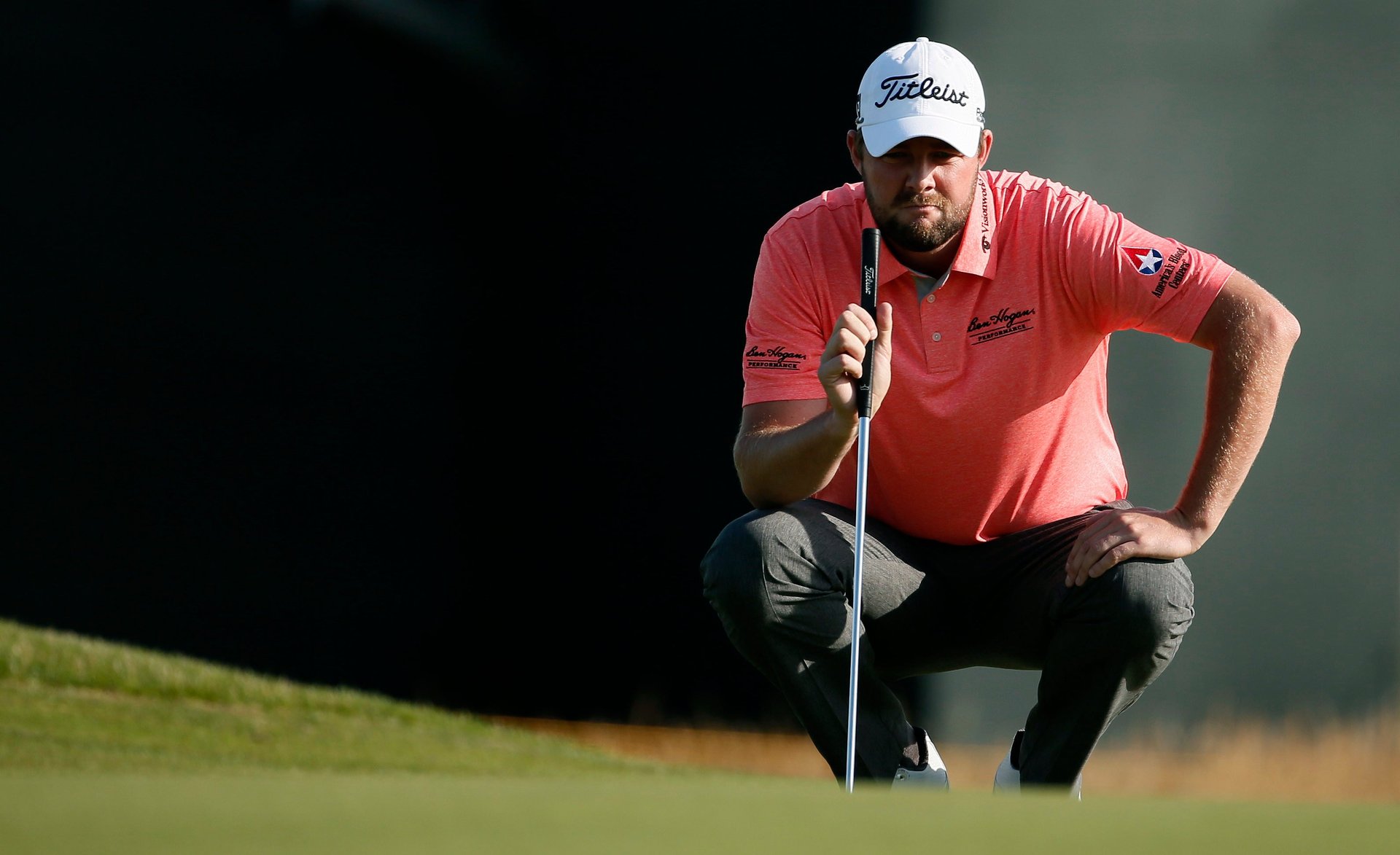These athletes are skipping the Olympics because of Zika
Even before the Zika virus became a public health emergency, and Brazil its ground zero, there was controversy over safety at this summer’s Olympic games in Rio de Janeiro.


Even before the Zika virus became a public health emergency, and Brazil its ground zero, there was controversy over safety at this summer’s Olympic games in Rio de Janeiro.
Fears of violent crime, human rights abuses, and terrorist attacks were one thing, rickety infrastructure was another—two people died when a bike path built between event venues for the games collapsed in April. Then there was the matter of sewage in Rio’s waters. Olympic rowers, sailors, and swimmers had signed up to compete in conditions that would otherwise require HAZMAT suits.
None of those factors scared the athletes. “You can get sick anywhere, this is life,” one American triathlete told ESPN in August, shortly after an AP investigation revealed the shocking levels of pollution in Rio’s waters. Many planning to participate in water sports told the media the same.
But Zika has prompted different reactions. Two professional golfers who were expected to represent their countries in Rio this summer have withdrawn their names because of concerns over the virus.
Zika has now been shown to cause severe neurological birth defects and may induce neurological illnesses, like Guillain-Barré syndrome, in adults. Pregnant women have the most to fear because of the immediate risk to their unborn babies. Because the virus can be sexually transmitted, and scientists aren’t sure how long it stays in an individual’s system, all adults who plan on having children should avoid infection.
Australian golfer Marc Leishman announced that he’s skipping the Rio Olympics for that reason. Five of the world’s best golfers have said they won’t compete in Rio, but only Leishman and Fiji’s Vijay Singh cited Zika as their primary concern. These decisions have been controversial because golf is returning as an Olympic sport this year for the first time in more than a century.
American soccer star Hope Solo said in February that she was considering forgoing the Olympics to avoid the mosquito-borne virus. This week she said she will participate, but “begrudgingly” and may not leave her hotel room except when absolutely necessary.
Solo’s teammate, Alex Morgan, said the risk of contracting Zika in Brazil “is kind of scary” and “definitely a concern.”
The Zika outbreak should force the Rio Olympics to be postponed or moved, argues Canadian doctor and professor Amir Attaran in the May issue of the Harvard Public Health Review. ”Simply put,” Attaran writes, “Zika infection is more dangerous, and Brazil’s outbreak more extensive, than scientists reckoned a short time ago.” He mentions that Rio de Janeiro’s 26,000 suspected Zika cases are higher than anywhere else in Brazil, and its Zika incidence rate—157 per 100,000—is the fourth worst.
Though the virus is bound to spread globally, “it helps nobody to speed that up” by bringing half a million travelers to the center of the outbreak so they can then carry the disease around the world, Attaran writes.